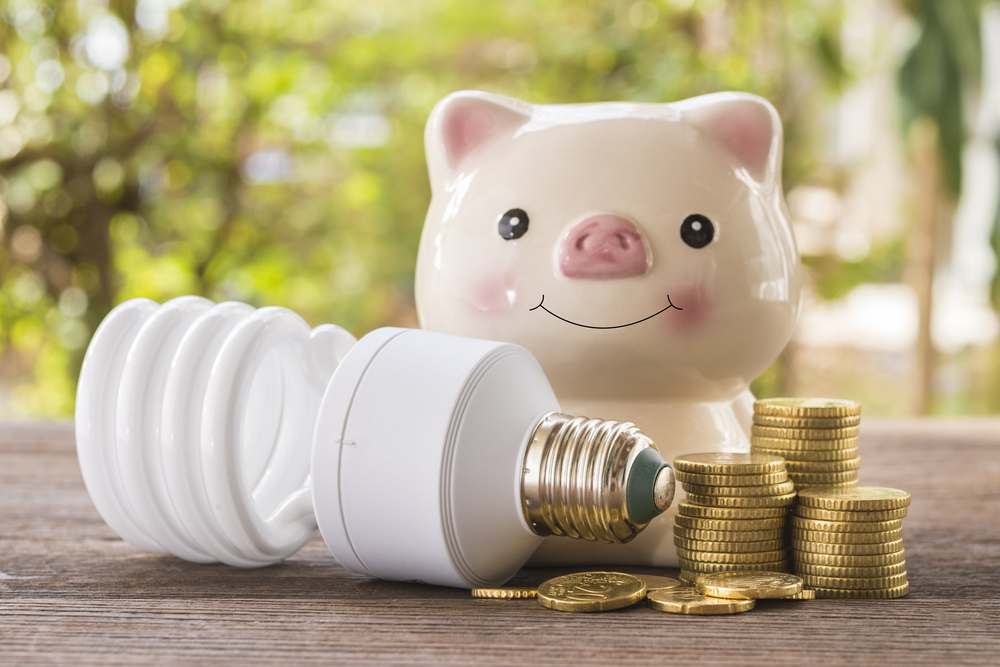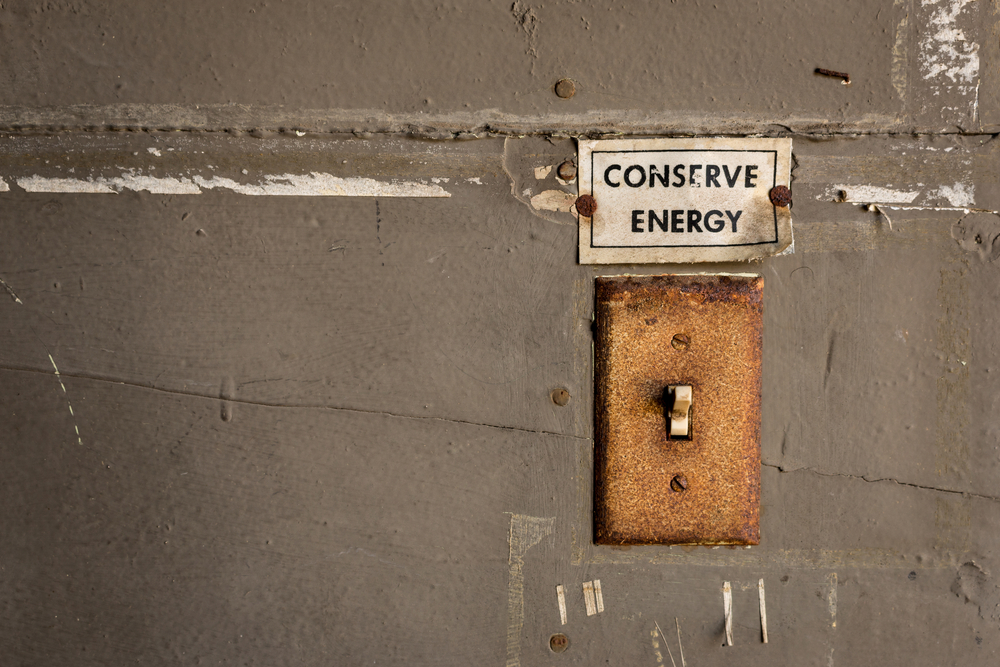What is the Difference Between Energy Conservation and Energy Efficiency?
Homeowners who are interested in decreasing their carbon footprint and living a greener life might look at their energy use as a way to impact positive change. Making changes to daily habits can help homeowners decrease their energy consumption.
Homeowners might wonder, though, if conserving energy is more impactful than focusing on energy efficiency. What is the difference between energy conservation and energy efficiency? Here’s what homeowners need to know about conserving energy and using energy efficiently.
Both Energy Efficiency and Energy Conservation are Impactful
Energy efficiency and energy conservation aren’t interchangeable terms. Energy efficiency refers to how an appliance or devices uses energy; energy-efficient appliances require less energy to operate.
Energy efficiency can be achieved through the use of better insulation or even with technology. For example, low-faucets are energy efficient because they are designed to release less water. Energy-efficient refrigerators include better insulation and compressors as well as temperature and defrost capabilities.
While energy efficiency focuses on using less energy to operate in the same manner, energy conservation relates to decreasing energy use mindfully. When homeowners embrace energy conservation, they are making choices and changing habits to decrease their energy use.
Both energy efficiency and energy conservation serve to limit energy waste and drains, and homeowners can (and should!) be focused on using energy efficiently and conserving how much energy they use.

How Can Homeowners Be More Energy Efficient?
Energy efficiency is primarily achieved by choosing energy-efficient appliances or upgrading lighting to energy-efficient bulbs like LEDs. However, homeowners can make their current appliances more energy efficient, too.
Refrigerators
Improve the efficiency of standard refrigerators by ensuring that the interior of both the refrigerator and freezer aren’t over packed and blocking airflow. In addition, homeowners should clean the coils regularly. Also, homeowners shouldn’t push their refrigerator directly against the wall; leave a little bit of breathing room.
HVAC Units
Heating and cooling dominates the home’s monthly energy use. To keep the HVAC running efficiently, change the air filter every three months; some might need to change their filter more frequently. In addition, the furnace and the air conditioner should be serviced yearly.
Lighting
Swap out all light bulbs for LED bulbs. Homeowners also could connect lights to smart plugs or smart power strips to ensure that lights can be turned off from any location.
Clothes Dryer
Clean the lint filter after every drying cycle. In addition, clean the dryer vent at least once a year. However, some vents might need more frequent cleaning.

How Can Homeowners Embrace Energy Conservation?
Energy conservation requires more mindful changes. This could mean that homeowners need to really focus on breaking bad habits that waste energy. Here are 10 simple ways to conserve energy:
- Adjust the thermostat. Turning the temperature down to 68 degrees during the winter and turning it up to 78 degrees in the summer can help lower energy use and, hopefully, decrease costs.
- Wash full loads of dishes. Washing only a few dishes at a time just wastes energy. Wash only full loads of dishes.
- Wash full loads of laundry. In addition, washing only a few garments is another energy drain.
- Wash clothes in cold water. When washing clothes, homeowners should opt for cooler water when possible. However, some stains or items require hot water to remove bacteria.
- Take a shorter shower. Those long leisurely showers use gas or electric to heat the water and are a water waste, too. Try to decrease shower time to conserve energy and precious water.
- Install motion-sensor faucets. These faucets only turn on with motion. That means water won’t run out of the tap unchecked.
- Don’t treat the toilet as a trash can. Every time the toilet is flushed, more than a gallon of water goes down the toilet. Flush after using the restroom, but don’t use the toilet as a trashcan. Plus, flushing the wrong item could cause a plumbing issue!
- Open up the curtains. Sunlight is free. Homeowners won’t want to open the drapes on a hot summer day, but during cooler or mild days the sun can serve as free light.
- Use blackout curtains in the summer. Keep the room feeling cooler and protect photos and upholstery from sun damage by using blackout curtains. These window treatments can keep sunlight from heating up the room and might take some pressure off the air conditioner on a hot summer day.
- Embrace the Internet of Things. Using smart plugs or smart power strips, homeowners can control lights, appliances and other gadgets remotely using a mobile device like a smartphone or a tablet. The Internet of Things can enable homeowners to use an app to adjust the thermostat, turn off lights or make other changes to conserve energy.
Both energy efficiency and energy conservation can help homeowners decrease their carbon footprint and live greener. Choose energy-efficient appliances and make mindful changes to energy-draining habits to make changes that can help the planet and utility costs, too!


